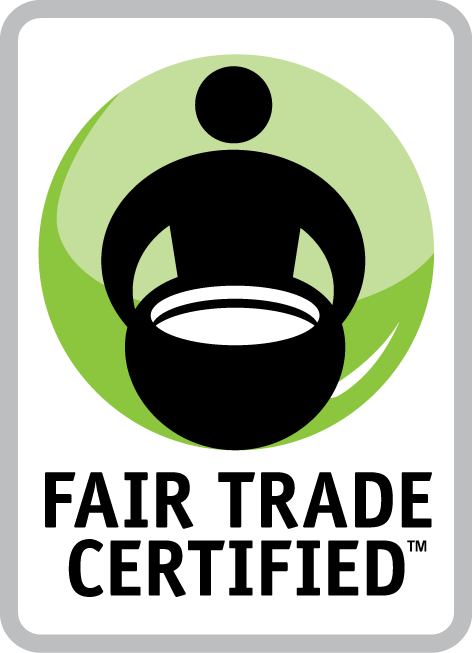Fair Trade USA is a non-profit that verifies over 30 different product categories, including tea, coconut, spices, grains, sugar and seafood.
VP of communications at Fair Trade USA, Sandra Stumbaugh, told ConfectioneryNews the growth of fair trade awareness is being driven not only by the traditional sustainability-minded consumers, but also by a growing population of Millennials and mainstream shoppers.
“Sustainability is now a non-negotiable for many shoppers,” she said. “For the confectionery industry, it means that greater transparency and responsibility are expected more and more every year.”
Millennials lead the fair trade trend
Compared to the general US population, Millennials are especially engaged, sensitive and aware when it comes to fair trade across the board, according to Stumbaugh.
The research shows 65% of Millennials are aware of fair trade, compared with 59% of the general population.
Millennials are also more motivated by causes, and expect brands to communicate their sustainability initiatives on a regular basis, Fair Trade and otherwise, Stumbaugh said.
“Today 70% of Millennials are more likely to buy products from companies that support their favorite causes, compared to 61% percent of the general population.”
Confectionery industry faces challenges

Fair Trade USA said 133 new consumer packaged goods products, including many confectionery brands, carry its label have launched since January this year alone.
According to the organization, some of those new launches include products by Marich Chocolates, and Kashi’s two Fair Trade Certified GoLean bars.
However, Stumbaugh said confectionery businesses usually encounter two types of challenges: Finding Fair Trade ingredients, and higher cost.
She encourages confectionery businesses to work with Fair Trade USA to certify their existing supply chain or connecting to already-certified supply chains.
As for the higher cost, Stumbaugh said:“Fair Trade inherently means paying more money for farmers… However, those companies that promote their Fair Trade commitment to their channel partners and consumers usually find a sales lift leading to a positive ROI (Return On Investment).”
Ultimate goal: Fair Trade Certification no long needs to exist
Even though there are over 1,000 brands that now offer Fair Trade Certified products in the US, Stumbaugh said, less than 1% of all products globally are Fair Trade.
“We have a long way to go,” she said. “Our ultimate goal is for Fair Trade Certification to no longer need to exist, because all products will be made with respect for people and planet.”
Fair Trade USA expects fair trade to continue to grow with rising consumer demand for greater transparency and responsibility, and a growing number of companies looking to strengthen their supply chains, Stumbaugh added.
